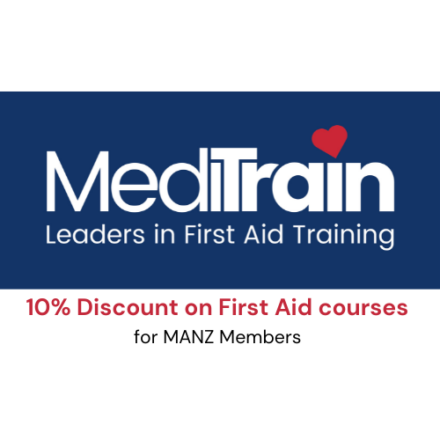The second Discover Montessori was held in Wellington, New Zealand, in April 2013. We hope you enjoy the videos from this event.
Montessori – remarkable and life-long (approx 30min)
Pam Shand
Montessori education has a reputation for providing young children with a calm, peaceful environment in which to learn, with respectful teachers willing to coach and mentor, producing good academic outcomes for children. But much more than this is achieved. Pam explains how the culture of a Montessori classroom is itself a dynamic teacher, and although this curriculum is “hidden,” the outcomes are remarkable and lifelong. She shares how Montessori graduates, reflecting back, constantly credit their Montessori years for important gifts of consciousness.
Montessori – A Few Favourite Things (approx 30min)
Richard Goodyear
Richard has been involved in Montessori for nearly ten years, and he shares ‘a few of his favourite things’ about the learning the children engage in and the character and community building fostered in Montessori 6-12 year classes.
- Wide-eyed expressions and daily connections
- Taking their work to extremes of volition
- Cube root and learn about the three kings
- These are a few of my favourite things
(To a certain tune from ‘The Sound of Music’…)
Five Montessori ideas that we have used to guide our parenting (approx 30min)
Sola Freeman
Sola explains how using concepts drawn from Montessori philosophy of respect, independence, responsibility, cooperation, and contribution to guide her parenting choices influenced the expectations she and her husband had of their four children when they were very young and the home environment created for them. “Not only did it mean we had a calm and cooperative family life then – even better it has continued to pay dividends with the way our children can self-manage, be respectful and contribute to family life now.”
Understanding Development from Infancy to Adulthood (approx 30min)
Jan Gaffney
Children start at birth as dependent beings and become independent, thinking, contributing members of society. What is it helps them develop this way? What are the child’s needs in infancy, childhood, and adolescence, and how can we better understand their development and support them to develop into ‘self-actualised’ adults? Jan explains the Montessori concept of the ‘planes of development’ from infancy to adulthood and shows how this can lead us to better understand not only the development of our children but also to reflect on our own journey to adulthood.






By leaving a comment you agree with the storage and handling of your data by this website. You can learn more about how we handle you comment information in our Privacy Policy. We are using Akismet to reduce comment spam. Learn how they process your comment data.